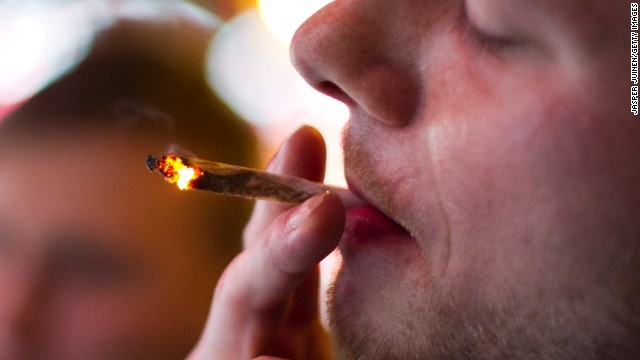“Since the discovery of an endogenous cannabinoid system, research into the pharmacology and therapeutic potential of cannabinoids has steadily increased. Two subtypes of G-protein coupled cannabinoid receptors, CB(1) and CB(1), have been cloned and several putative endogenous ligands (endocannabinoids) have been detected during the past 15 years. The main endocannabinoids are arachidonoyl ethanolamide (anandamide) and 2-arachidonoyl glycerol (2-AG), derivatives of arachidonic acid, that are produced “on demand” by cleavage of membrane lipid precursors.
Besides phytocannabinoids of the cannabis plant, modulators of the cannabinoid system comprise synthetic agonists and antagonists at the CB receptors and inhibitors of endocannabinoid degradation. Cannabinoid receptors are distributed in the central nervous system and many peripheral tissues, including immune system, reproductive and gastrointestinal tracts, sympathetic ganglia, endocrine glands, arteries, lung and heart. There is evidence for some non-receptor dependent mechanisms of cannabinoids and for endocannabinoid effects mediated by vanilloid receptors.
Properties of CB receptor agonists that are of therapeutic interest include analgesia, muscle relaxation, immunosuppression, anti-inflammation, antiallergic effects, improvement of mood, stimulation of appetite, antiemesis, lowering of intraocular pressure, bronchodilation, neuroprotection and antineoplastic effects. The current main focus of clinical research is their efficacy in chronic pain and neurological disorders. CB receptor antagonists are under investigation for medical use in obesity and nicotine addiction. Additional potential was proposed for the treatment of alcohol and heroine dependency, schizophrenia, conditions with lowered blood pressure, Parkinson’s disease and memory impairment in Alzheimer’s disease.”



.jpg?ve=1)

